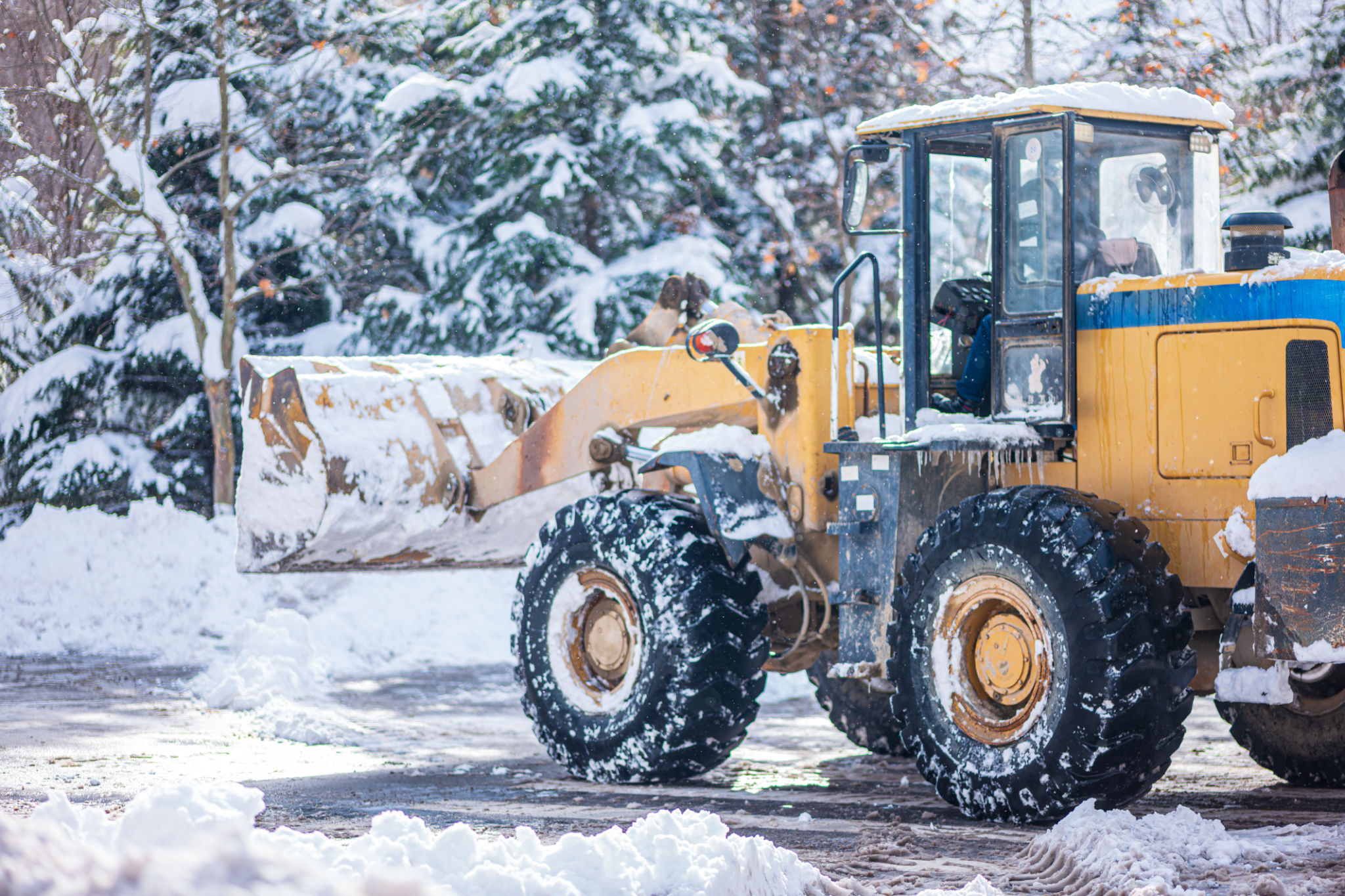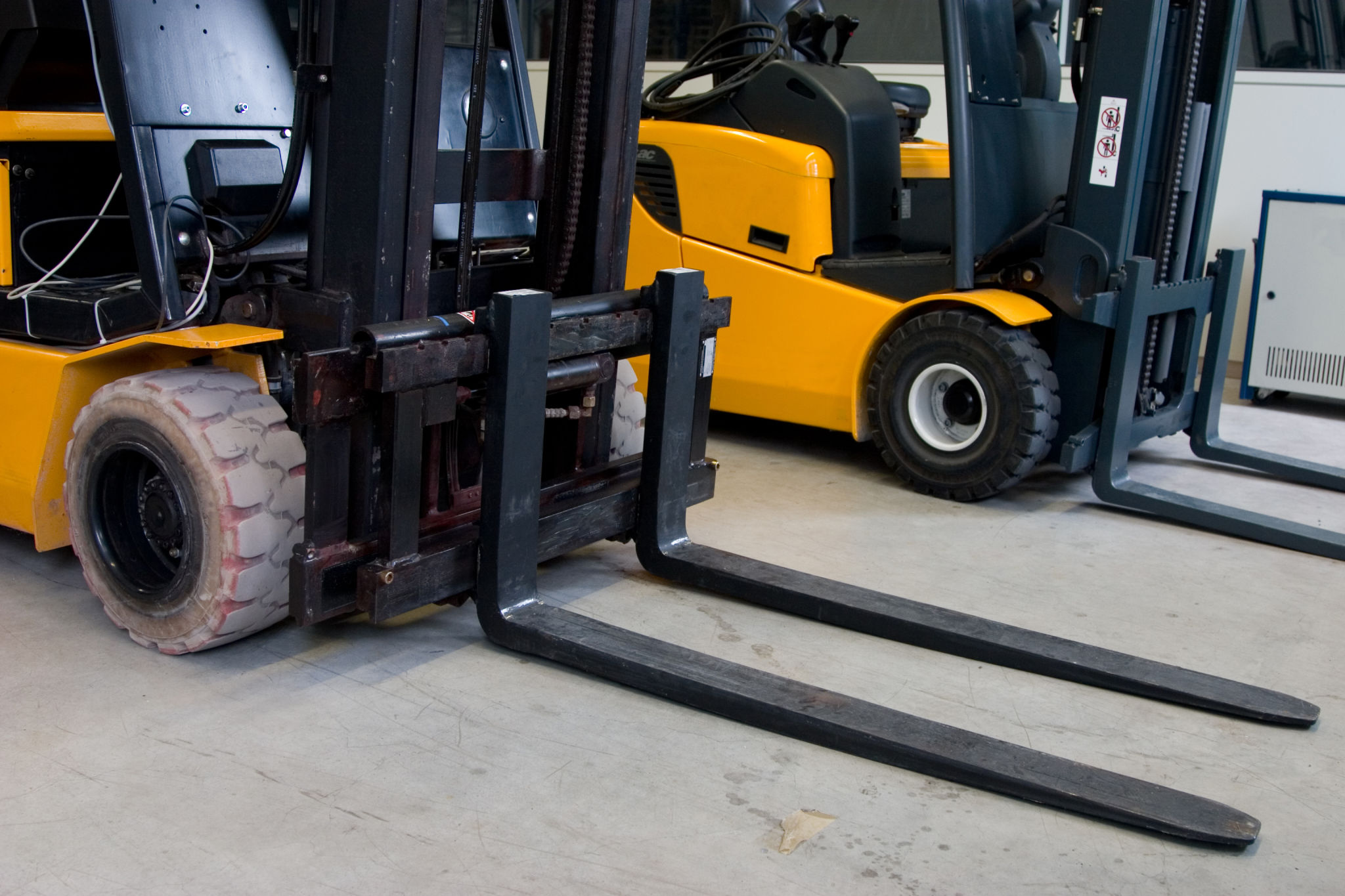Preparing Your Forklifts for Seasonal Changes: Tips for Optimal Performance
Understanding Seasonal Challenges for Forklifts
As the seasons change, so do the operational challenges faced by forklifts. From freezing winter temperatures to the scorching summer heat, forklifts must be prepared to handle different weather conditions to maintain optimal performance. Understanding these challenges is crucial for ensuring that your equipment runs smoothly and efficiently year-round.

Cold weather can cause batteries to lose charge faster and hydraulic systems to become sluggish. On the other hand, hot weather can lead to overheating engines and increased tire wear. Recognizing these potential issues can help you take preventive measures to keep your forklifts in top condition.
Routine Maintenance Checks
Regular maintenance is essential for preparing forklifts for seasonal changes. During colder months, it's important to check battery health and ensure proper antifreeze levels. In warmer months, cooling systems should be inspected to prevent overheating. A comprehensive maintenance routine will help identify potential problems before they become costly repairs.
- Inspect and clean air filters.
- Check tire pressure and condition.
- Test brakes and steering mechanisms.
- Ensure proper lubrication of moving parts.
Adapting Forklift Operations
Adapting the way you operate forklifts during different seasons can also improve performance. In winter, allow engines to warm up properly before use, and avoid sudden starts or stops that can strain components. In summer, monitor engine temperatures closely and take breaks to prevent overheating.

Additionally, training operators on seasonal best practices can enhance safety and efficiency. Ensuring that your team is aware of how different weather conditions can affect forklift performance is key to minimizing risks and maximizing productivity.
Using the Right Attachments
The right attachments can make a significant difference in forklift performance during seasonal changes. For example, snow plows or salt spreaders can be added for winter conditions, while cooling fans might be beneficial in the summer. Selecting the appropriate attachments based on seasonal needs ensures that your forklifts are equipped to handle any situation.
- Snow plows for winter snow removal.
- Cooling fans for summer heat management.
- Enclosed cabs for operator comfort in extreme temperatures.
Investing in Quality Forklift Parts
Investing in quality parts and accessories tailored to seasonal demands can extend the lifespan of your forklifts. This might include specialized tires designed for better traction in wet or icy conditions or premium hydraulic fluids that maintain viscosity across temperature extremes. Quality components ensure that each part of the forklift performs optimally under varying conditions.

By taking these steps, you not only protect your investment but also ensure the safety of your operators and the efficiency of your operations. Preparing your forklifts for seasonal changes is a proactive approach that pays off in reliability and performance, no matter what the weather brings.
